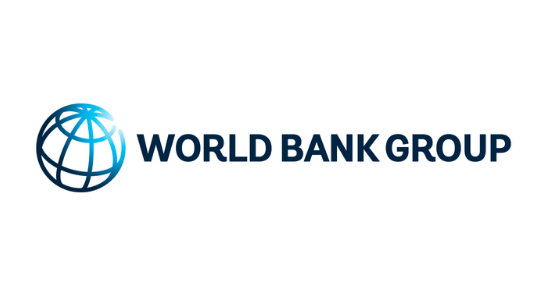The World Bank’s response to sexual abuse should shake donors’ confidence

Shortly after the World Bank President Ajay Banga announced in October that “by any measure, the World Bank is better today than it was yesterday,” news broke of a scandal. Allegations that the World Bank’s private sector lending arm, the International Finance Corporation, has been complicit in covering up sexual abuse of children that occurred at schools in which it has invested raised serious questions about the Bank’s credibility. After weeks of silence, the IFC’s Managing Director finally issued a response – but it is so inadequate that shareholders’ confidence in the institution should be irrevocably shaken.
Following reports and complaints that children attending schools in Kenya run by Bridge International Academies were abused by their teachers, an October article revealed evidence that at least one of the investors, the IFC, knew of the abuse and endeavored to keep it secret. An investigation report by one of the World Bank’s accountability offices detailing the Bank’s failings – which reportedly include that the Bank knew of child abuse as early as 2013 and took inadequate steps to protect children from sexual abuse and gender-based violence in Bridge schools thereafter – is expected to be released in a few months. News of this scandal reached the U.S. Congress – the U.S. is the largest shareholder of the Bank – and Senators Warren and Welch wrote a letter earlier this month to U.S. Treasury Secretary Janet Yellen demanding answers. Thirty-four civil society organizations, including Accountability Counsel, wrote an open letter to the World Bank’s President and Board of Directors expressing alarm. The Managing Director of the IFC, Makhtar Diop, responded a few weeks later.
The IFC’s response is disappointing. Instead of taking responsibility for harm caused, Diop promises to do better next time. While he agrees to “do more to address gender-based violence and strengthen our ability to prevent such incidents in the future,” he does not commit to remediate harm caused to survivors or hold the IFC accountable for the institution’s role in that harm. Even more concerning, Diop seems to claim that the IFC mostly managed the investment well and describes the IFC’s divestment from Bridge in 2022 as a “Responsible Exit.” A development bank’s exit can’t be responsible if it doesn’t first redress harm to the people impacted by its investments. It’s one thing to cut ties, and yet another to cut and run.
The IFC’s inability to take responsibility for a crisis of its own making comes at a time when the World Bank is asking shareholder governments to trust it more. The World Bank is seeking financial support for its new playbook to address a polycrisis “[a]t the center” of which, President Banga stated, “must be women and young people.” With its actions so far in the Bridge Academies case, it has demonstrated that it doesn’t deserve that trust.
If the World Bank were truly prepared to “deliver a better bank,” then the IFC’s response would have included commitments to: (1) consult with survivors and their families on appropriate remediation and establish a fund to pay for those remedies; (2) investigate allegations of collusion to obstruct an investigation into the child sexual abuse and seek the resignation of anyone who is found responsible; (3) recognize World Bank staff who have reported these issues as whistleblowers and have zero tolerance for any reprisals against them; and (4) put a legitimate remedial framework in place across its portfolio so that project-related harm is systematically addressed instead of something people have to demand on a case-by-case basis.
If the Bank does not adequately hold accountable those responsible for ignoring or covering up harm to children and remediate that harm, then it has answered the question of whether it is fit for purpose with a resounding “No.” The consequence should be that donor governments refuse to keep funding it.

